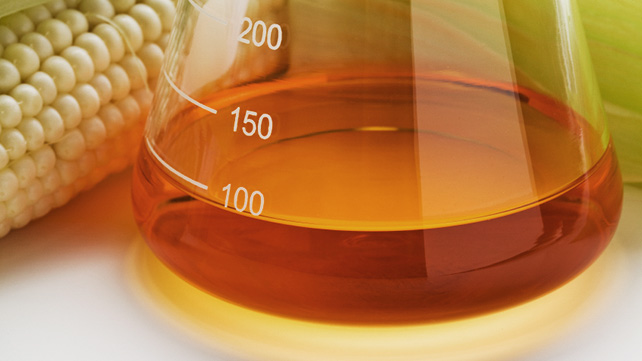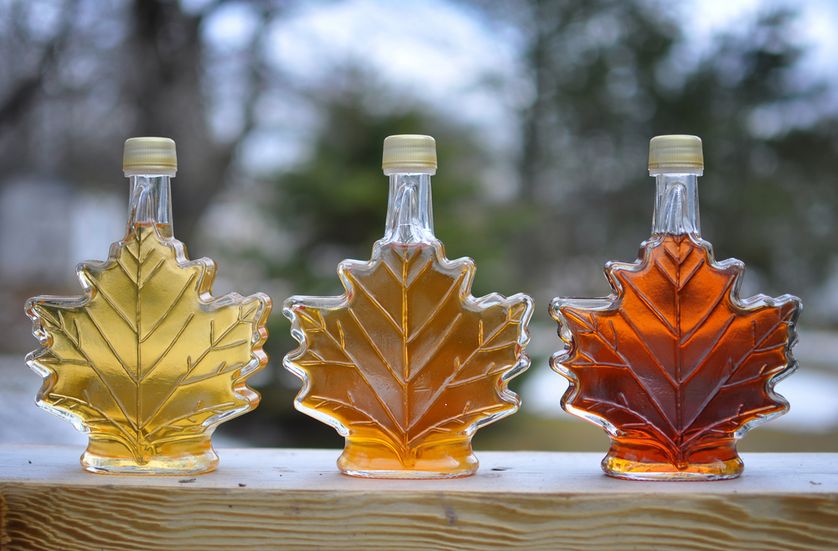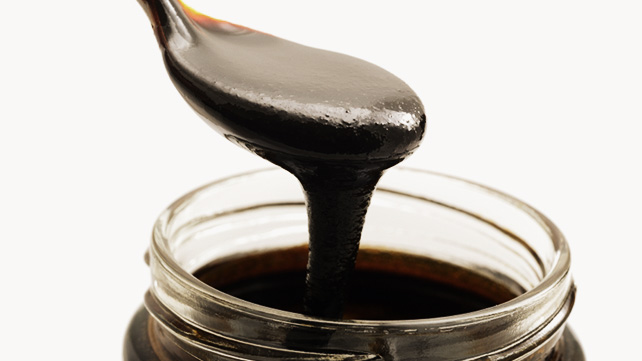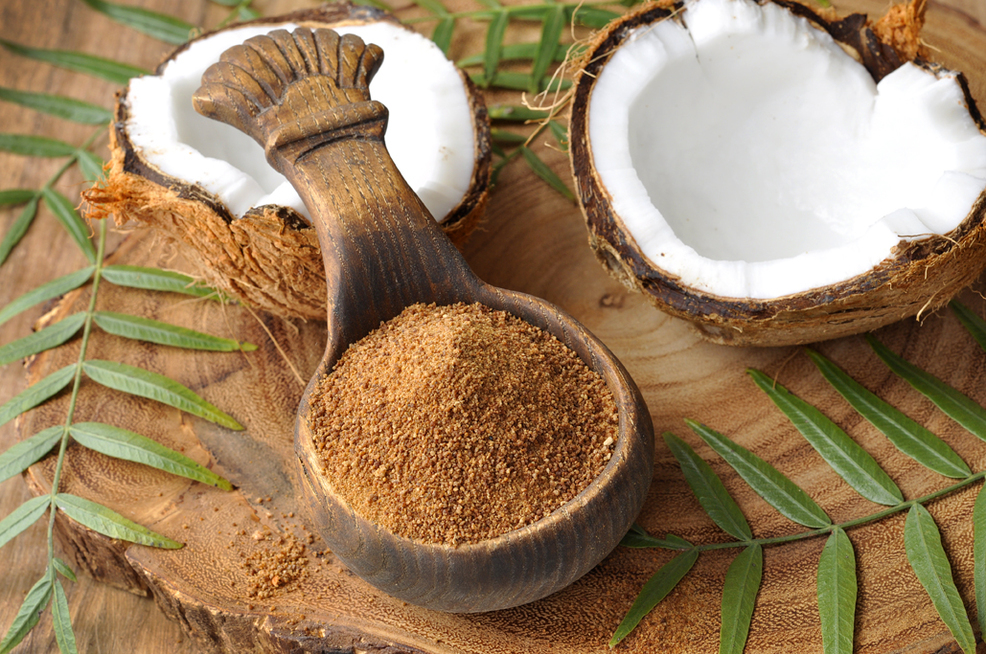Most people have heard of high fructose corn syrup, sometimes abbreviated as HFCS, as it has been around for decades. This is a common ingredient in processed foods, where it acts a sweetener as well as preservative. Manufacturers choose it for its sweetness, low cost, and ability to stay fresh for extended periods of time. You can find HFCS in nearly everything from sodas, juices to ultra-processed foods and baked goods. In recent years, people have begun to question the health of HFCS, leading to some controversy surrounding this common ingredient.

Is High Fructose Corn Syrup Less Healthy?
At this point in time, there still isn’t enough evidence to confirm or deny that HFCS is less healthy than other sweeteners. There is also a great deal of variations in HFCS. It is made from corn starch and can contain varying quantities of fructose. The most common HFCS formula will have 42 or 55 percent fructose.
HFCS vs. Table Sugar: Not Necessarily Less Healthy
Both table sugar (known as sucrose) and HFCS are made up of just two simple sugars, glucose and fructose. Both table sugar and HFCS have about similar quantities of these two sugars, which is around four calories per gram.
The difference is in chemistry. Glucose and fructose in table sugar have been chemically bonded, which means your body has to digest the sugar and break the bonds before it can absorb the sugars into your bloodstream. With HFCS, however, these sugars are only blended so digestion isn’t required before the glucose and fructose enter your bloodstream. This leads to numerous theories that HFCS affects blood glucose levels more than regular sugar. Even so, research proves there isn’t a significant difference between HFCS and sugar’s effect on production of insulin, ghrelin (your “hunger” hormone), changes to blood glucose levels, or leptin (a hormone which regulates metabolism and body weight). Similarly, studies haven’t show differences in fullness, short-term energy intake, or appetite regulation.
HFCS Doesn't Seem to Cause More Obesity
There have many questions about whether high fructose corn syrup is linked to obesity, particularly because it arrived during the late 1970s when Americans began to gain weight. According to the American Medical Association, HFCS doesn’t have any unique characteristics that cause obesity. They encourage more research but say that it doesn’t seem to affect obesity more than other caloric sweeteners.
Research by the FDA has also said that there isn’t any difference in food safety with HFCS and similar amounts of other sweeteners that have nearly the same fructose and glucose content. These studies have included natural sweeteners, sucrose, and honey. Experts recommend that all added sugars should be limited, including HFCS and sucrose.
What Is the Key?
While research hasn’t shown that HFCS is worse for you than other sweeteners, it has shown that you should limit your quantities of added sugar in general. Added sugar is linked to unwanted calories and health issues like type 2 diabetes, weight gain, high triglyceride levels, and metabolic syndrome, all of which increase the heart disease risk.
American Heart Association recommendations say that men shouldn’t consume more than 150 calories per day worth of added sugar while women should limit themselves to 100 calories. This is equal to about 9 teaspoons of sugar for men and 6 for women. Those concerned with their health will always do well to limit their added sugar, HFCS or not.
Healthiest Natural Sweeteners for Your Choice
Those concerned about table sugar, high fructose corn syrup, and other added sugars can consider natural sweeteners. You should always opt for one that has been naturally derived, isn’t contaminated, is minimally processed, and contains some antioxidants and nutrients. The following are the best natural sweeteners that work well as alternatives.
1. Honey

It is incredibly easy to find raw honey as it has been a replacement for sugar for centuries. As a bonus, it also has lots of antioxidants along with minerals and vitamins. Eating a teaspoon of honey will only be around 20 calories and it can add sweetness to a range of dishes like plain yogurt and oats.
2. Maple Syrup

While the average people only consider maple syrup as a pancake topping or something used for baking bread, its value as a sugar substitute is actually greater than this and it can be used in a range of foods. Pure maple syrup also has manganese, zinc, and other vitamins and minerals plus its glycemic index is lower than sugar’s.
3. Stevia

Stevia is a sweet natural herb that has been growing in popularity as a healthy alternative to traditional sweeteners. It is made from an extract of the stevia plant’s sweet leaves and it has zero calories. You can use it in foods, coffee, tea, and more. You also only need small quantities since it is around 10 times as sweet as sugar.
4. Blackstrap Molasses

This isn’t a particularly well-known natural sweetener, but it is very nutritious and effective. Blackstrap molasses contains iron, vitamin B6, magnesium, and calcium and has around 16 calories in every teaspoon. It is the liquid that is extracted while refining sugar cane.
5. Coconut Sugar

If you are concerned with high fructose corn syrup, try the coconut sugar. Using coconut sugar or coconut sap is easy as you can swap it out for cane sugar in an even quantity. This sweetener has a low glycemic index and unlike many sweeteners, it hasn’t been stripped of nutrients. It also provides you with iron, zinc, potassium, and magnesium.
